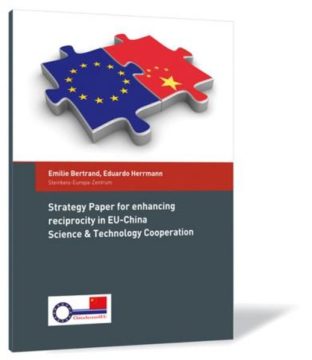Europe and China share a strategic interest in further promoting joint efforts that will augment the quantity and quality of scientific output and technological innovation in both Europe and China, especially in the face of common global challenges.
The long track record of Science and Technology (S&T) cooperation between the European Union (EU) and China has delivered fruitful results so far and offers considerable potential for the future. It is nonetheless a challenging task for policy-makers to articulate a collaboration framework under which the foreseen cooperation can always be kept on track as expected and which optimally fulfils both sides’ expectations.
Chinese partners have been permitted extensive participation in the EU’s framework programmes for research, up to and including the current FP7 programme which ends in 2013, and this has been highly effective in building a strong base of collaboration across the natural sciences and engineering and also across the social sciences.
In an effort to improve reciprocity and European access to Chinese funding, the ChinaAccess4EU project has studied Chinese programmes open to European participation and publicised the details of these, together with a series of case studies to identify best practices, on the web and in a series of dissemination events in Europe and in China over the past 2 – 3 years.
This Strategy Paper provides a succinct recapitulation of the main project findings and delivers a set of specific recommendations aimed at enhancing Science and Technology (S&T) collaboration. Although the main target audience of this Strategy Paper is EU policy makers, this document collates a set of practical advice which will be likewise useful to EU researchers interested in collaborating with Chinese organisations, and to Chinese policy-makers and researchers keen to develop greater reciprocity to mutual benefit.
- Veröffentlicht am Freitag 15. März 2013 von Steinbeis-Edition
- ISBN: 9783943356564
- 66 Seiten
- Genre: Gesellschaft, Politik, Sachbücher, Sonstiges, Wirtschaft
